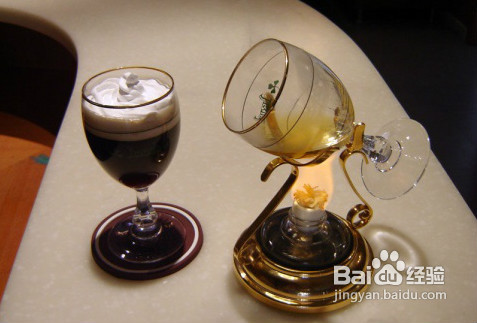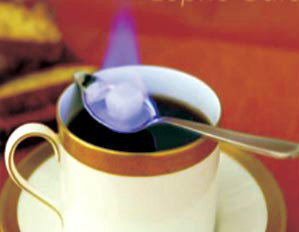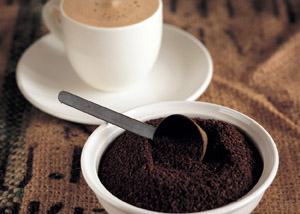Introduction to the planting conditions of Coffee trees in Guatemala
A cup of Antigua coffee in Guatemala seems to let us see the mysterious Mayans who suddenly disappeared in ancient land, history brushed away their existence, history made them forever.
If the wrinkles of a person describe the road a person has traveled, the aroma of coffee remembers the origin of a cup of coffee: about its native terroir, harvest year, roasting and grinding method, that is, the journey of coffee life. Guatemala's fertile volcanic soil breeds a unique flavor of fine coffee beans: Antigua coffee. Antigua's charm lies in its balanced and refreshing fruit acid, rich spice flavor, unique smoky flavor, as if to tell us about the desolate history of Antigua in Guatemala.
The aroma of coffee liberates all forms, minds and borders. Through coffee, the mood leaves the country at any time and lands in a strange country half a world away. Even if separated from the world, but also can share a mood. Antigua was the Spanish colonial capital in 1543. Although this emerald valley has been surrounded by active volcanoes on all sides, layers, deliberately rising and dangerous since ancient times, its vastness, breadth and fertility still lured the Spanish to establish their capital in the precarious cliff valley.
Volcanoes once destroyed this originally prosperous capital in an instant, and all the prosperity and beauty were taken away overnight. After this transformation of the mountain city, more than 200 years of brilliance disappeared, Antigua no longer strutted. Antigua, now plain, is laboriously managed by the remaining Indians. These hard-working Indians became coffee producers, who not only discovered the rich and attractive aroma of Antigua coffee, but also brought it to people all over the world. Today Antigua Coffee enjoys a reputation for being the best quality coffee in the world and is considered by coffee connoisseurs to be the finest and most distinctive coffee in the world.

Important Notice :
前街咖啡 FrontStreet Coffee has moved to new addredd:
FrontStreet Coffee Address: 315,Donghua East Road,GuangZhou
Tel:020 38364473
- Prev

What kind of environment and climate do you need to grow coffee trees?
In Cuscacbapa, El Salvador, packaged coffee beans are about to be exported to El Salvador. Coffee from El Salvador is a specialty of Central America, where it is light, aromatic, pure and slightly sour. Like Guatemala and Costa Rica, coffee in El Salvador is graded according to altitude, and the higher the altitude, the better the coffee. The best brand is Pipil
- Next

The possession of Coffee in China introduction to Jamaican Blue Mountain Coffee
Today's Blue Mountain area is a small area with a planting area of only 6000 hectares, and not all coffee marked with the words Blue Mountain can be grown there. Another 12000 hectares of land is used to grow two other types of coffee (non-Blue Mountain Coffee): Alpine Top Coffee (High Mountain Supreme) and Jamaican Coffee (Prime Washed Jamaican). Real blue.
Related
- Does Rose Summer choose Blue, Green or Red? Detailed explanation of Rose Summer Coffee plots and Classification in Panamanian Jade Manor
- What is the difference between the origin, producing area, processing plant, cooperative and manor of coffee beans?
- How fine does the espresso powder fit? how to grind the espresso?
- Sca coffee roasting degree color card coffee roasting degree 8 roasting color values what do you mean?
- The practice of lattes: how to make lattes at home
- Introduction to Indonesian Fine Coffee beans-- Java Coffee producing area of Indonesian Arabica Coffee
- How much will the flavor of light and medium roasted rose summer be expressed? What baking level is rose summer suitable for?
- Introduction to the characteristics of washing, sun-drying or wet-planing coffee commonly used in Mantenin, Indonesia
- Price characteristics of Arabica Coffee Bean Starbucks introduction to Manning Coffee Bean Taste producing area Variety Manor
- What is the authentic Yega flavor? What are the flavor characteristics of the really excellent Yejasuffi coffee beans?

